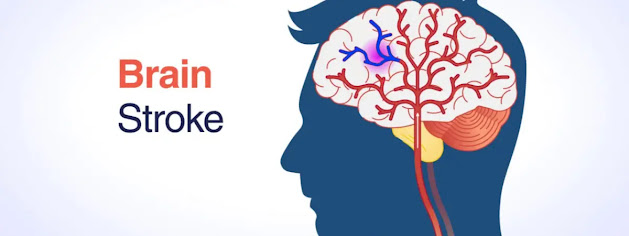Migraine Mayhem: Understanding the Signs and Symptoms

Migraines are a complex neurological condition that can cause a variety of unpleasant symptoms, way beyond a simple headache. They can leave you feeling miserable and disrupt your daily life for hours or even days. Here's a more detailed breakdown of the common warning signs and symptoms of a migraine, along with how the best neurophysician, Dr. Venkat Harin, can help you manage them. The Throbbing Terror: One of the most well-known migraine symptoms is the intense pain. Migraines often cause a throbbing or pulsing pain, usually on one side of the head. This pain can be severe and feel like a constant pounding or pressing sensation. It can be so intense that it makes it difficult to concentrate, work, or even participate in everyday activities. Dr. Venkat Harin can help diagnose the exact type of migraine you experience and create a personalized treatment plan to target and reduce the pain effectively. Sensitivity Overload: People with migraines often experience heightened sensit...
.jpeg)

.jpeg)






